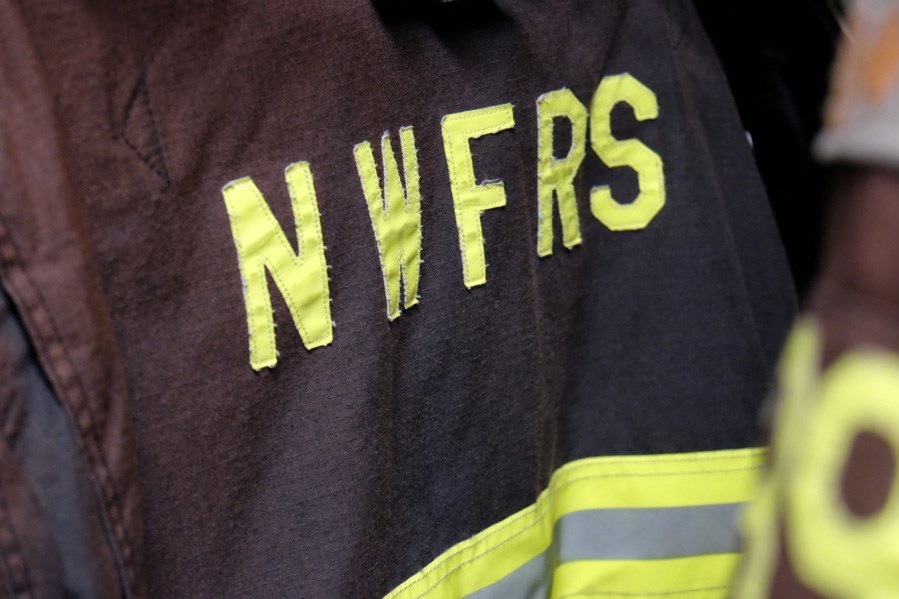A New West resident is urging the city to take action that could potentially save lives – including her own.
Amalia Fowler spoke to city council Monday night about an incident that required her to call 911 last month. As someone with a severe anaphylactic allergy, she explained that if she’s exposed to her allergen, her throat closes up, she cannot breathe and she is likely to die if she doesn’t get medical assistance.
Fowler said she’s been transported by ambulance to hospitals in five different regions of B.C. more than a dozen times and to hospitals in Ontario more than 10 times. On Nov. 6, she required emergency assistance in New Westminster.
“Every firefighting team I've encountered has historically had different sets of first aid equipment available to them, depending on the municipality and what they're allowed to carry. Every fire team I've encountered, however, except New West Fire, had, at the very least, a pulse ox,” she said. “A pulse oximeter measures how much oxygen is getting into your blood, and for someone like me, when my throat is closing up, it's kind of a crucial piece of information to understand where we are in an emergency situation.”
Based on her recent experience, Fowler said it appears New Westminster Fire and Rescue Services also doesn’t have access to epinephrine.
“Fundamentally, I understand medical is not necessarily their main role,” she said. “However, the BC Professional Firefighters Association does estimate that approximately 50 to 70 per cent of calls are medical in nature.”
Fowler said pulse oximeters and epi pens are items that other fire departments have had when she’s required emergency assistance in B.C. and Ontario in the past.
“With this incident in November, I had a first happen to me, which is the ambulance never came. And that is a provincial situation that we're dealing with,” she added. “New West Fire was amazing in making sure that I did get to the hospital within an hour. But I couldn't help wondering after this experience why our firefighters are less equipped from a medical perspective than your average flight attendant is, and also compared to some other regions.”
Fowler said New Westminster is the first fire department she’s encountered in her “extensive patient experience” that didn’t have a pulse oximeter. She wanted to bring her concern to council’s attention and to ask the city to review the types of first aid equipment its firefighters are allowed to carry.
“As we know, fire often arrives first on the scene, especially now with delays in getting ambulance service, which… is provincial jurisdiction,” she said. “Fire's role in medical emergencies is now becoming significantly more impactful regionally.”
Brad Davie, an assistant deputy chief with New Westminster Fire and Rescue Service, said the situation encountered by Fowler relates to a licensing and a training issue.
“Different departments are trained to different levels and have different licenses,” he said. “Even if you have the training, you have to you can only serve to the level of the license that the department has as a whole. So we may have personnel that can provide these services, but while they're acting on behalf of the fire department they can't go beyond that scope.”
Davie said the fire department is aware that ambulance delays have become quite significant. He said the department will be presenting a proposal to council that would bring its crews up to Emergency Medical Responder Level 2, which would include pulse oximetry and epinephrine injections (a full dose of epinephrine for anaphylaxis versus a partial dose provided by an epi pen.)
According to Davie, the proposal would require an “enhancement” to the department’s budget.
“This is some this is something that we're going to bring to your council shortly,” he said.
Follow Theresa McManus on Twitter @TheresaMcManus
Email [email protected]


